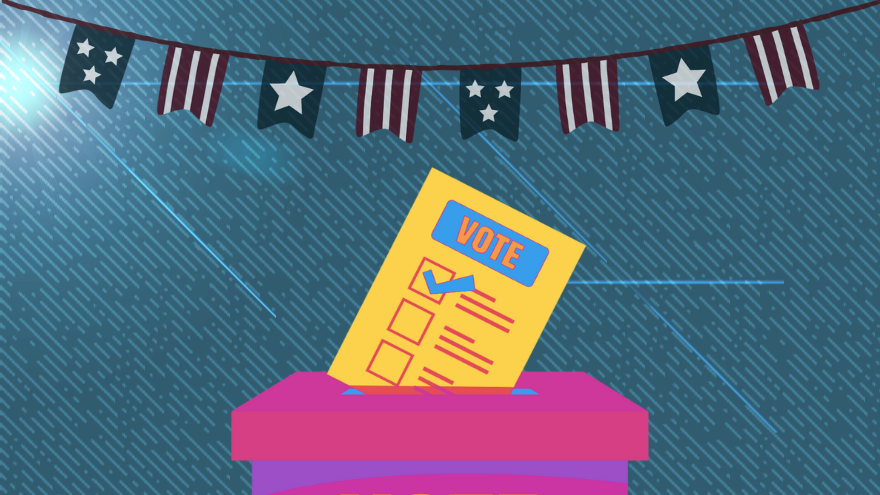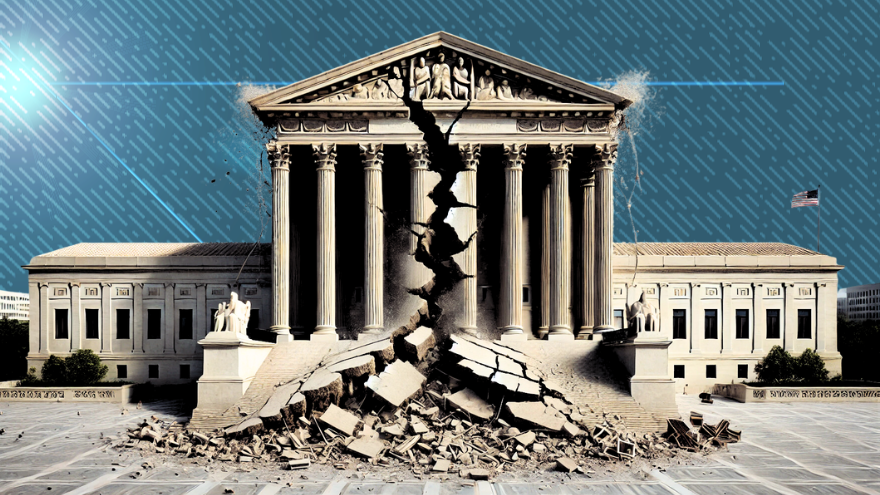The belief that the 2020 presidential election was stolen from former President Donald Trump ignited the unprecedented riot at the U.S. Capitol on January 6, 2021, and led to multiple criminal indictments against officials accused of attempting to overturn the election results. The corporate press has frequently echoed statements from government and security officials who maintain that the 2020 election was the "most secure in history." Despite this, over the past three years, many states have enacted laws aimed at strengthening election security, meticulously documented by the Heritage Foundation's Election Integrity Scorecard. Yet, these measures, including voter ID implementation, ballot harvesting restrictions, and other modifications to state election policies and infrastructure, have not quelled public skepticism. According to a recent Heartland/Rasmussen poll, nearly two-thirds of Americans believe that there is a high probability the 2024 election could be stolen. The poll reveals that 62 percent of voters are concerned that cheating will impact this year’s election, with more than a third (37 percent) saying they are “very concerned.” The survey underscores the validity of these concerns, particularly in key battleground states where the last presidential election was decided by razor-thin margins. In these states, 20 percent of respondents reported either receiving more than one official ballot by mail or receiving a ballot for someone not residing at their address. “The fact that more than 60 percent of likely voters are concerned about election integrity should be a massive wake-up call to all those who refuse to admit that potential cheating in elections is a major problem,” Chris Talgo, the Heartland Institute's editorial director, said in a statement about the survey of 2,466 likely voters nationwide. “As the 2020 election demonstrated, mass mailing of ballots based on outdated voter rolls, ballot harvesting, unattended drop boxes, and no excuse mail-in voting has made it easier than ever for those who are committed to breaking the law and illegally voting,” Talgo added. “The fact that nearly one-in-five likely voters received multiple ballots before the 2020 election cements the case for the urgent need for election integrity reform measures across the states.” Despite ongoing debates over the legitimacy of mail-in ballots as a vector for election fraud, other polling data indicates a troubling willingness among voters to engage in illegal voting practices. A separate Heartland/Rasmussen survey found that 28 percent of voters admitted they would consider engaging in at least one form of illegal voting to help their preferred presidential candidate win the 2024 election. These practices include voting in multiple states; destroying mail-in ballots of friends or family members; paying or offering rewards to fellow voters; deliberately providing incorrect information about the place, time, or date associated with casting a ballot; and/or altering candidate selections on mail-in ballots. “The results of this poll will hopefully galvanize state policymakers to craft legislation designed to ensure election integrity by vastly restricting mail-in voting,” said Jack McPherrin, Research Editor and Socialism Research Center Fellow at The Heartland Institute. “In turn, that legislation must be enforced to the greatest possible extent by states’ executive branches,” he added. “Failure to implement such solutions will allow our elections to become even more tainted by election fraud. Without secure elections, we will collectively lose faith in our electoral system, and our republic will die with a whimper.”Election integrity continues to be one of the most polarizing topics in American politics.
Poll /
Nearly Two-Thirds Of Voters Believe Cheating Will Occur In the 2024 Election
More than a quarter admit they would consider engaging in illegal voting to help their preferred presidential candidate

*For corrections please email [email protected]*
